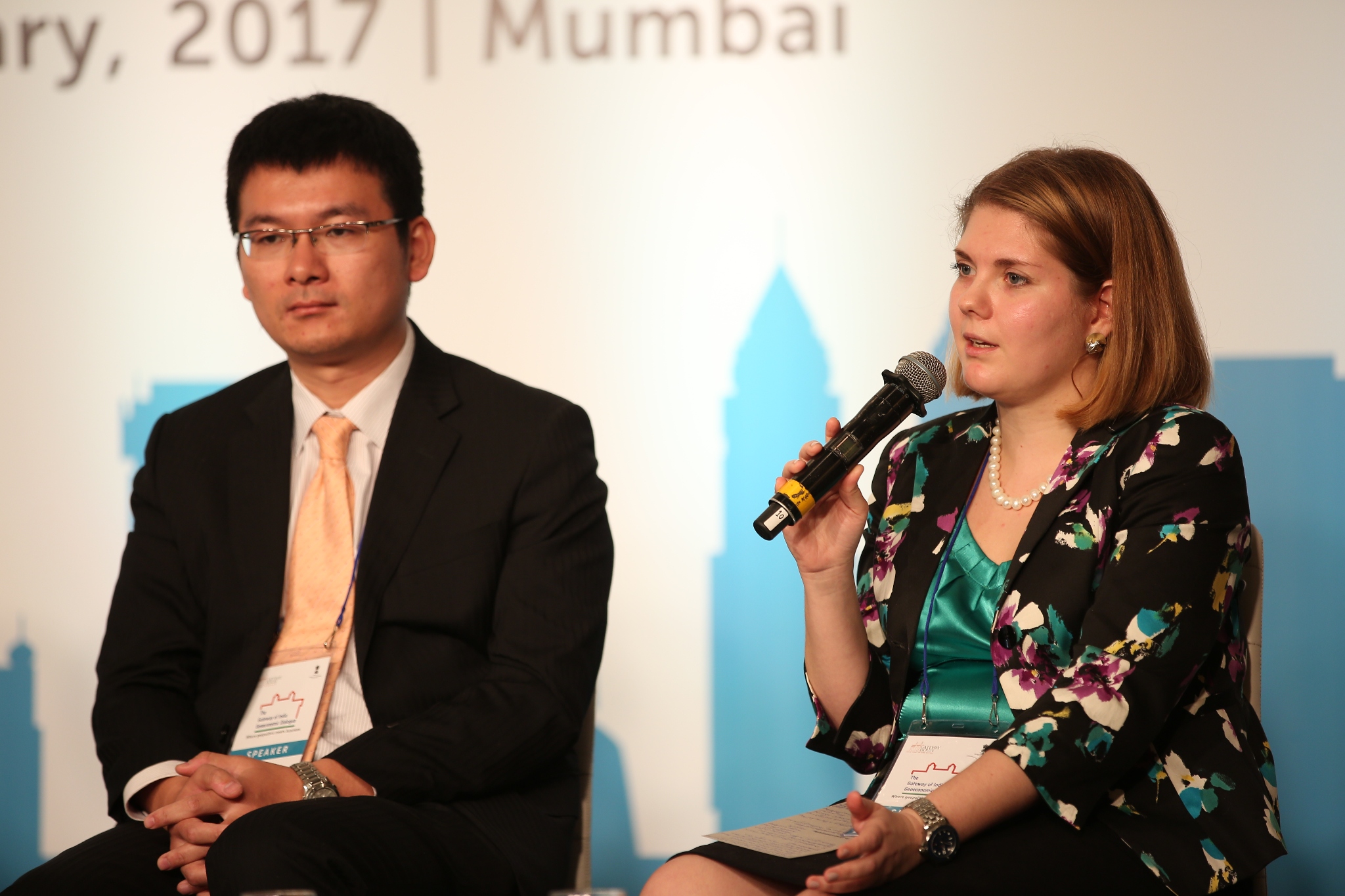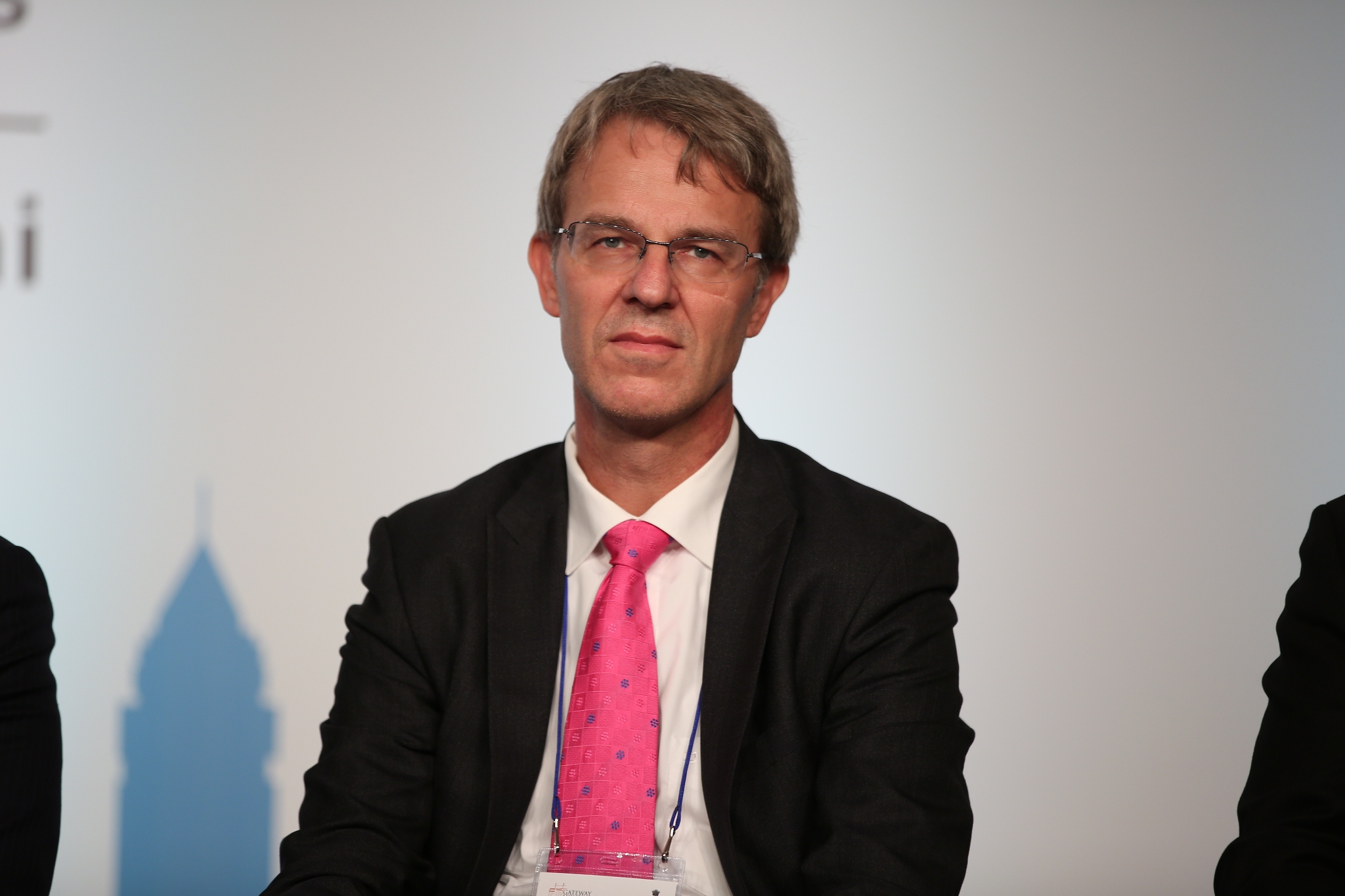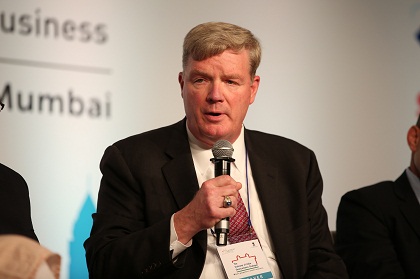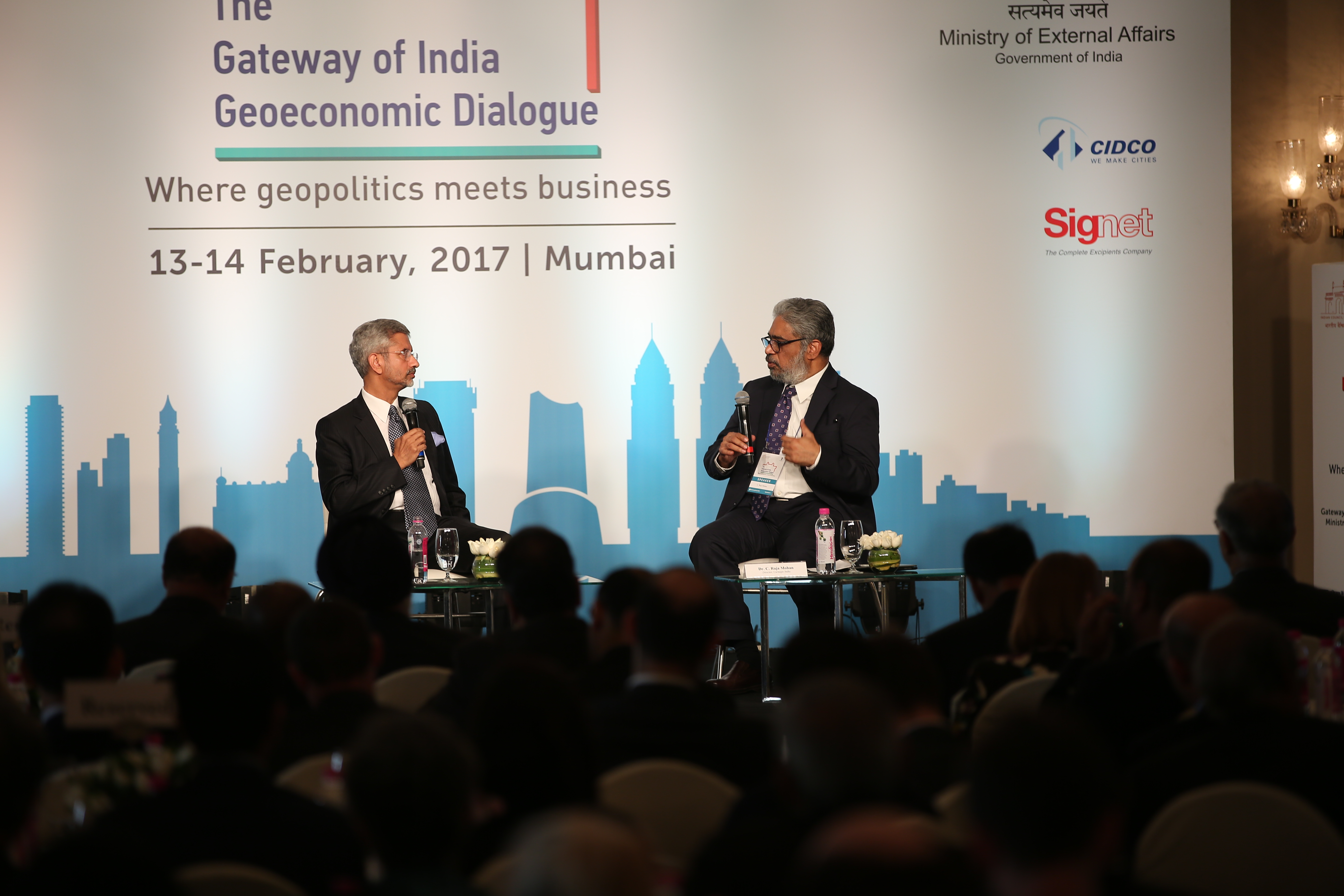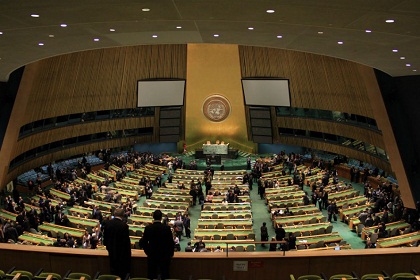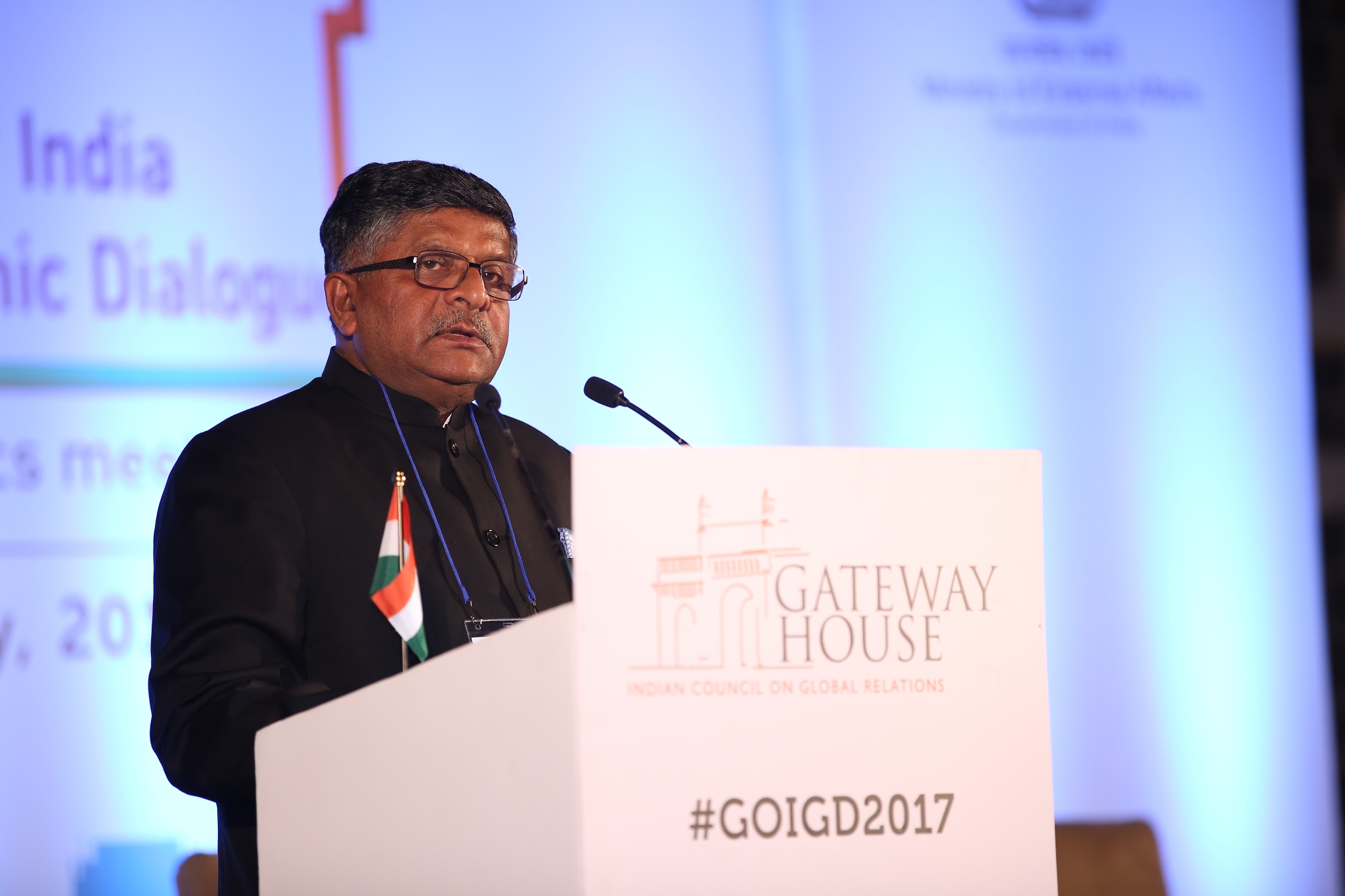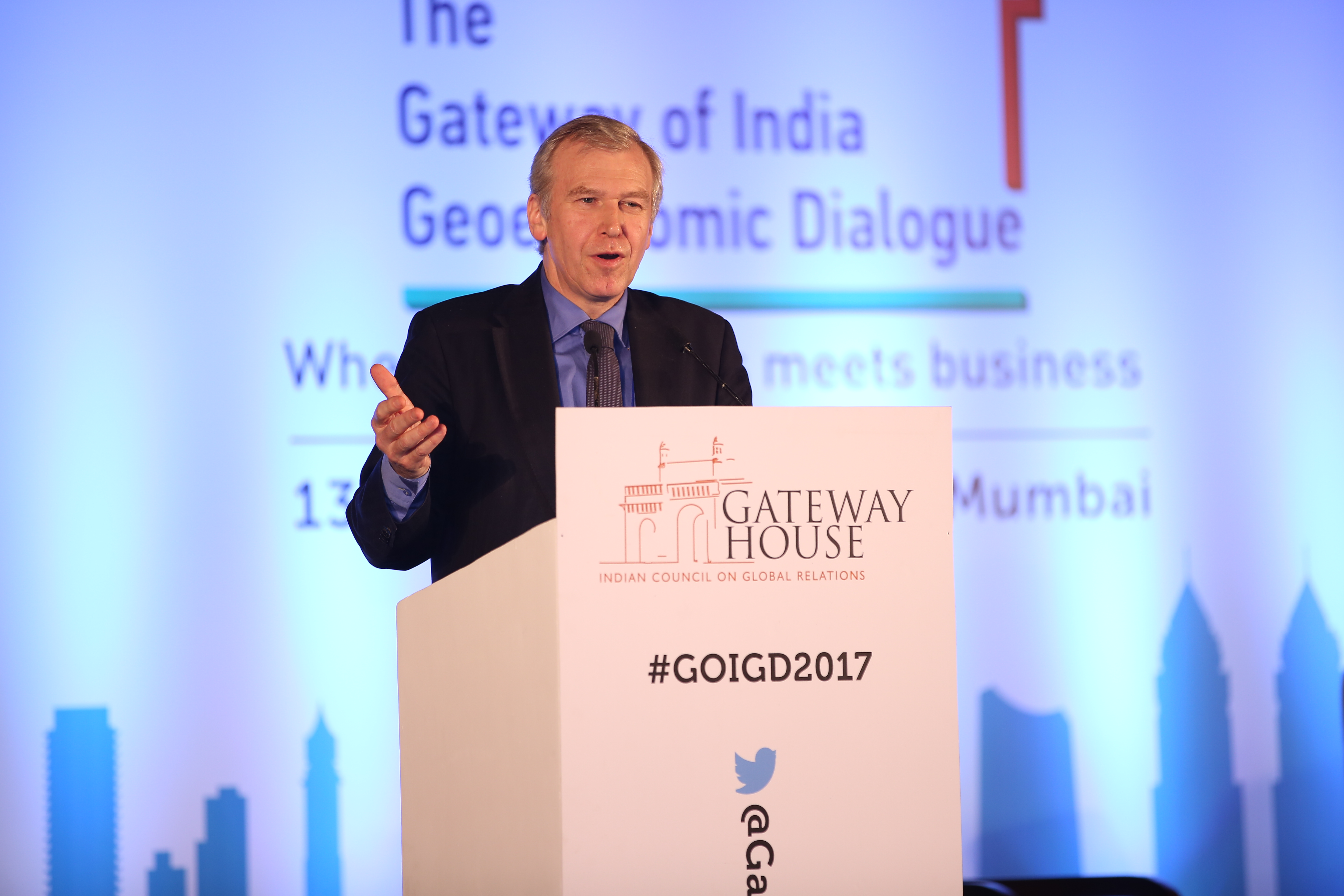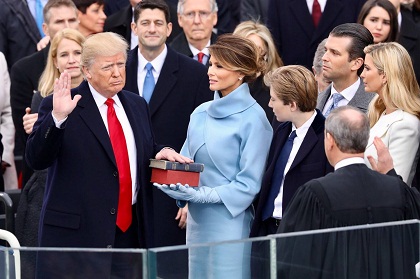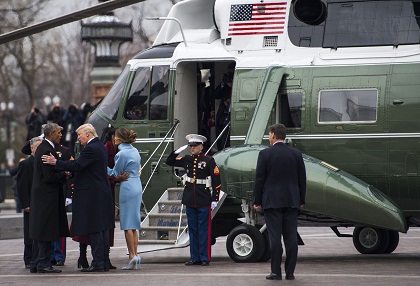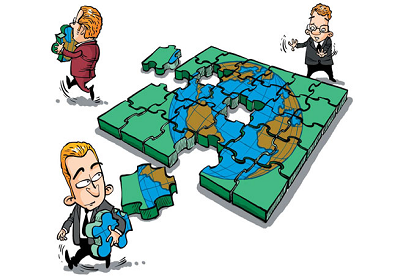Russia’s financial resiliency and capabilities
In this interview Anastasia Likhacheva discusses the impact and a few of the positive externalities of the oil price drop, sanctions and counter sanctions on the Russian economy. Despite Trump’s obvious warmth towards Russia, she doesn’t foresee any major agreements signed between the two countries due to the roadblocks that can be placed by the U.S. Congress and the U.S. Senate. She further describes the role she sees Russia undertaking in Asian financial institutions like the NDB and the AIIB in the future.

